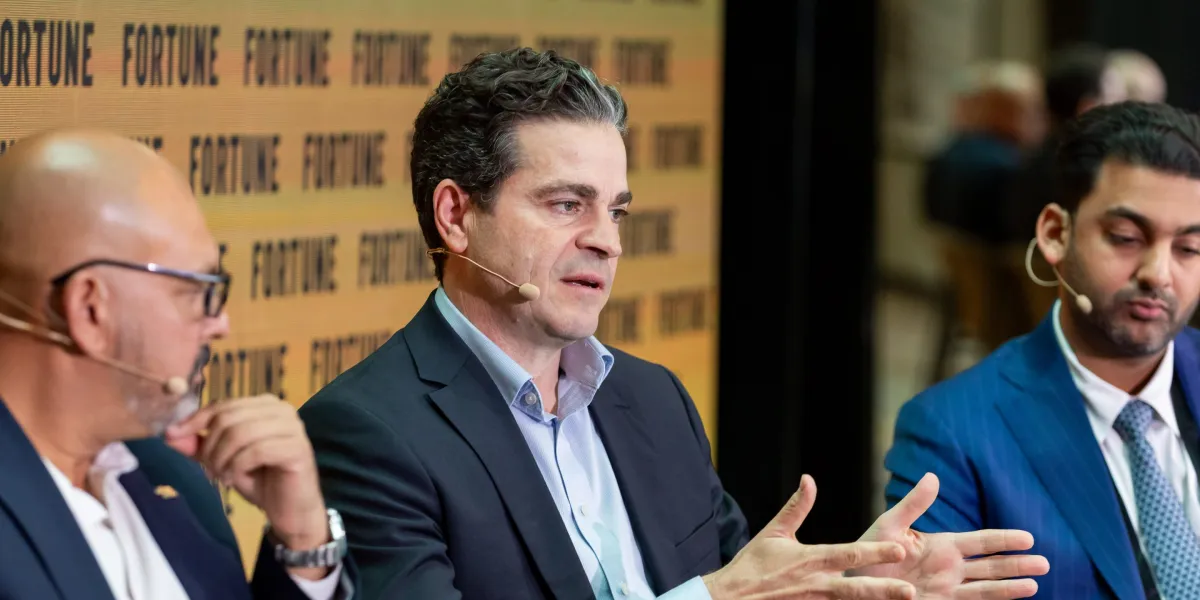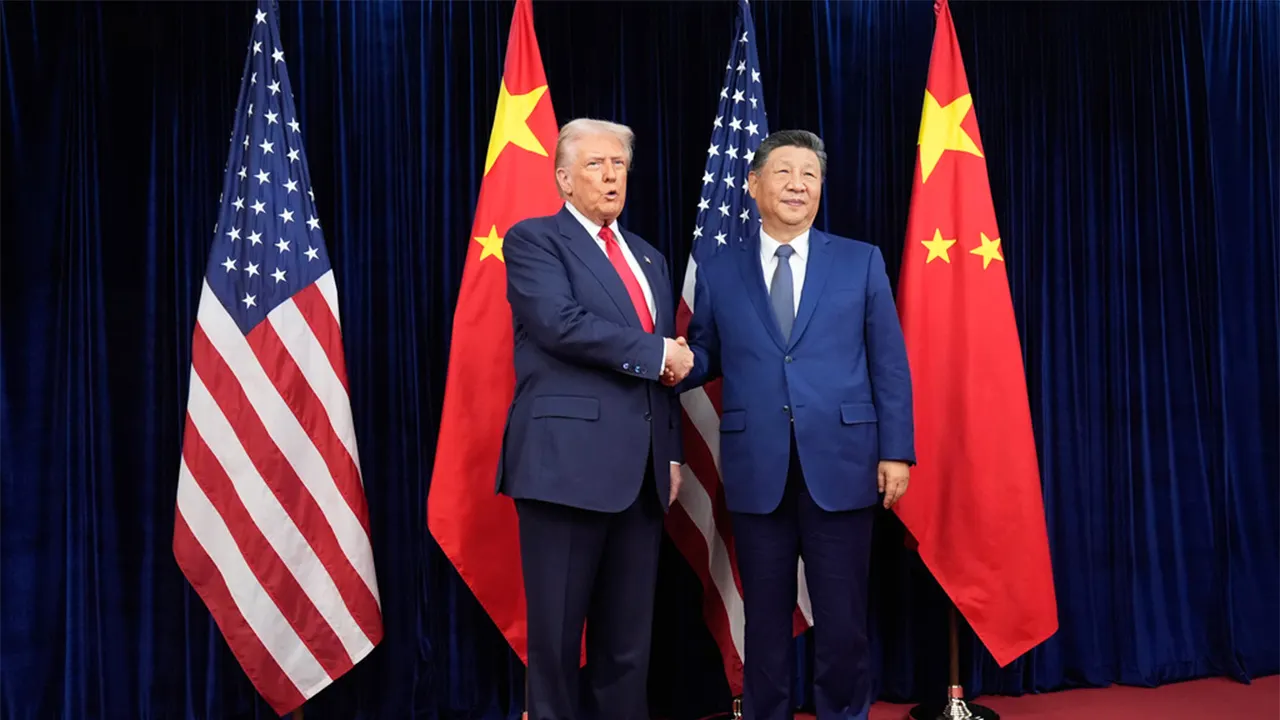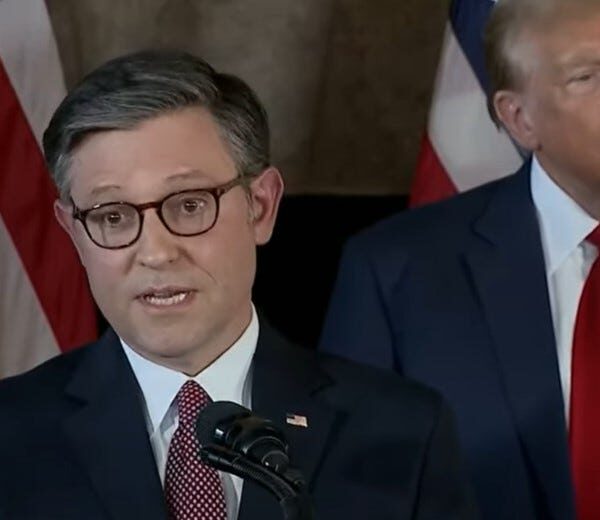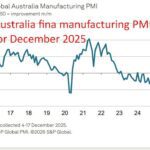
Industries and countries may have pivoted from overhyping their clean energy efforts through “greenwashing” to quietly advancing green goals through “greenhushing.” Still, the energy transition is moving forward despite rising political pushback from the U.S. and other Western nations, executives said at the Fortune Global Forum in Riyadh.
One big change is the switch from empty promises of net-zero carbon goals to the more practical applications of green energy that make business sense and include positive returns on investment, they said.
“This bump in the road in this green agenda is being driven by this myth that if we continue to do things in a green way it’s going to be more expensive for the economy and cause people to lose their jobs,” said Jose La Loggia, EMEA group president for the HVAC giant Trane Technologies.
That myth is not true, he said, arguing that Trane’s more efficient combined heat and power, or cogeneration, systems can be 400% more energy efficient and quickly pay themselves off.
“It’s greener, cheaper, and better for everyone,” La Loggia said, arguing that the biggest challenge is often overcoming humanity’s fear of change. “We shouldn’t be negligent of the thought that people really don’t like change, and we really have to work on that.”
Faisal Sultan, president of Lucid Motors Middle East, noted that the electric vehicle industry is facing the recent loss of tax breaks for EVs in the U.S. The EV sector got lazy for a while and didn’t do enough to advance its technologies in battery charging, driving range, and luxury perks. Those areas are where Lucid is most heavily focused.
And the rest of the EV industry is realizing it needs to catch up so people choose EVs for their quality and not just because they’re better for the environment, he said. “EVs are definitely growing, but they’ll grow much more practically.”
Still, Sultan said governments need to have more consistent, long-term policies and not change on a dime depending on the political winds.
“We need policies that are going to be long-term policies,” Sultan said. “The one thing we need to agree on is the climate because the world has to exist.
“There are some people who think we can live on Mars,” he continued, seemingly referencing Elon Musk and Lucid rival Tesla, “but we shouldn’t give up on our Earth so fast.”
Overcoming the ‘blip’
Mohammed El Zarkani, the United Nations resident coordinator for Saudi Arabia, said land degradation, droughts, and other impacts of climate change cost the global economy $900 billion annually.
“That’s not abstract. That’s factories shutting down because of water shortages, that’s shipping routes being disrupted, that’s food shortages spiking, and that’s supply chains breaking under distress,” he said.
So it makes economic sense to protect the environment with a much greater focus on green energy, El Zarkani said. “Environmental risk is business risk.”
The current political pushback is a “blip,” he said, because it’s coming from older politicians and not the world’s youth. The momentum from younger people is continuing.
There is growing resistance around the AI boom, La Loggia said, because data centers are big energy consumers.
At the same time, he said, AI-controlled software management can help reduce 25% or more of the energy that’s wasted. Industries must use the technology for good.
“We have to stop wasting energy,” he said.















